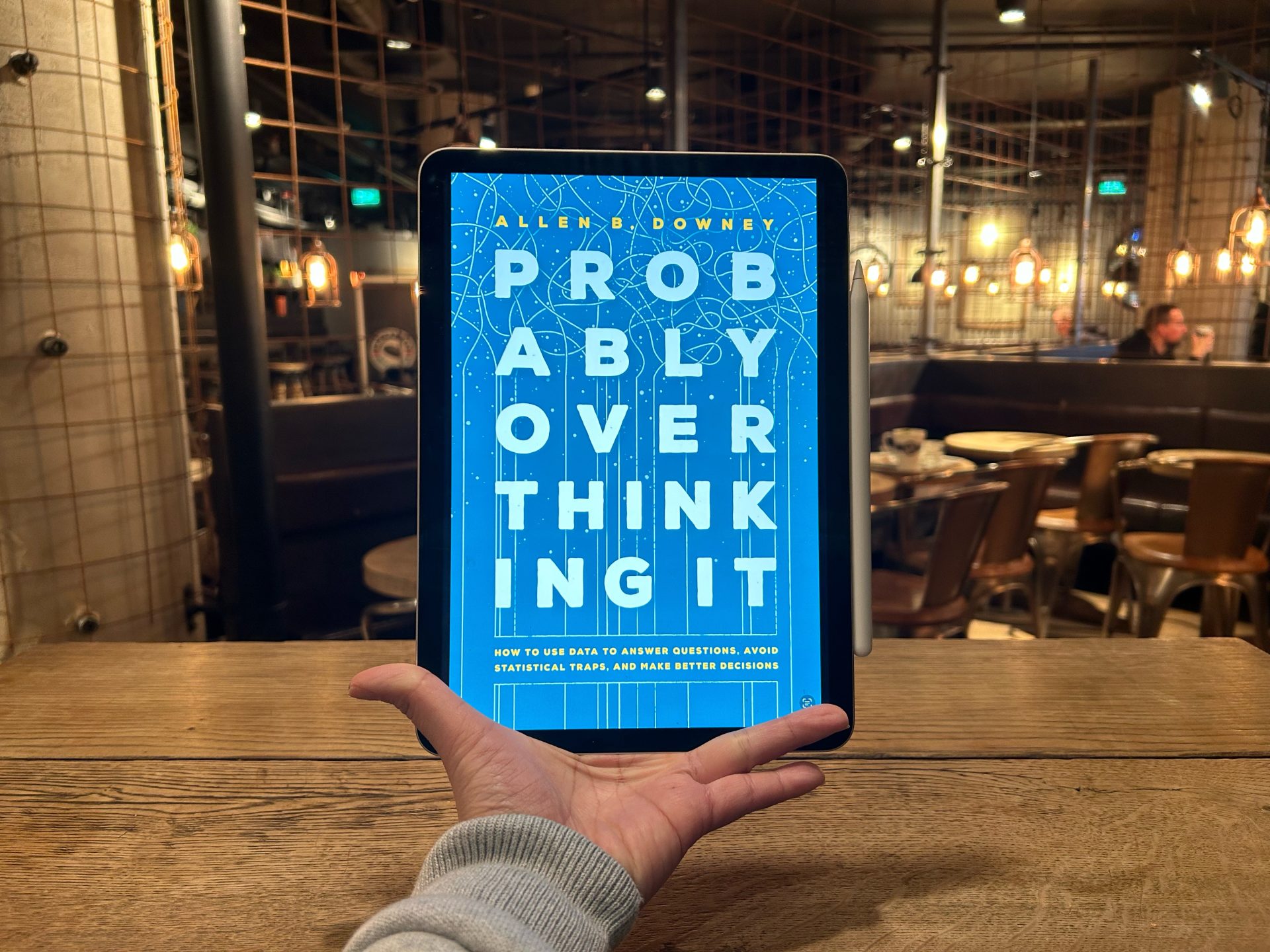Today, it’s astonishing how simple it has become to access a world of information with just a click. Our brains are constantly engaged, working nonstop to digest a staggering amount of data online from social media and offline from traveling insights to meeting new people. Yet, there’s a gap between the availability of information and our ability to analyze and make sense of it.
Personally, the ease of accessing information and meeting new people often leads me to wonder about various things. For instance, do I consider myself normal compared to others around the world? Or, when I watch a cycling event, I find myself pondering how Tadej Pogačar can achieve such outstanding timings that other world-class cyclists can’t keep up with, resulting in significant time differences. He is so unbeatable that it leads cycling enthusiasts to find the sport less interesting because Pogačar is an absolute winner. How can someone have such an abnormal outstanding fitness level? Unfortunately, like most people, I lack the background or skills necessary to interpret these complexities. Consequently, complicated issues are often oversimplified, leading us to rush to judgments and jump to conclusions about the world around us.
Allen B. Downey, a computer scientist, answers those questions and more in his book, Probably Overthinking It: How to Use Data to Answer Questions, Avoid Statistical Traps, and Make Better Decisions. He employs principles of mathematics and statistics to give insights into everyday phenomena, making me wish I had paid more attention to math and statistic class in school and college. None of my teachers ever explained how practical and relevant math can be for gaining, solving, and understanding real-world problems. How I wish Downey had been my teacher!
Lognormal distribution of ability might explain a phenomenon: in many fields of endeavor, there is one person widely regarded as the “greatest of all time” or GOAT.
Allen B. Downey, Probably Overthinking It: How to Use Data to Answer Questions, Avoid Statistical Traps, and Make Better Decisions.
Downey explores a variety of complicated and intriguing paradoxes, including the inspection, Simpson, Preston, and Berkson’s paradoxes, making for a fascinating read.
There are much more technical terms, specifically in mathematical and statistical, are used in this book. So, if you are a mathematics and statistics enthusiast, I believe you will have a lot of fun understanding the complex world through the lens of math and statistics. However, if you are not, take a step back, relax, and enjoy the read one word at a time—be prepared for complex mathematical concepts. It might even feel like you’re back in college, so taking some notes could be helpful. However, the struggle is worth it!
My Favorite Bits
If you are not sure what to do with your life, the lognormal distribution can help. Suppose you have the good fortune to be offered 3 jobs, and you are trying to decide which one to take. One of the companies is working on a problem you think is important, but you are not sure whether they will have much impact on it. The second is also working on an important problem, and you think they will have impact, but you are not sure how long that impact will last. The third company is likely to have long-lasting impact, in your estimation, but they are working on a problem you think is less important. [..] The distribution of impact, across a population of all the projects you might work on, is lognormal. Most projects have modest potential for impact, but a few can change the world. So what does that mean for your job search? It implies that—if you want to maximize your impact—you should not take the first job you find, but spend time looking. And it suggests that you should not stay in one job for your entire career; you should continue look for opportunities and change jobs when you find something better. These are some of the principles that underlie the 80,000 hours project, which is a collection of online resources intended to help people think about how to best spend the approximately 80,000 hours of their working lives.
Allen B. Downey, Probably Overthinking It: How to Use Data to Answer Questions, Avoid Statistical Traps, and Make Better Decisions.
Author: Allen B. Downey
Publication date: 6 December 2023
Number of pages: 256 pages


Leave a Reply